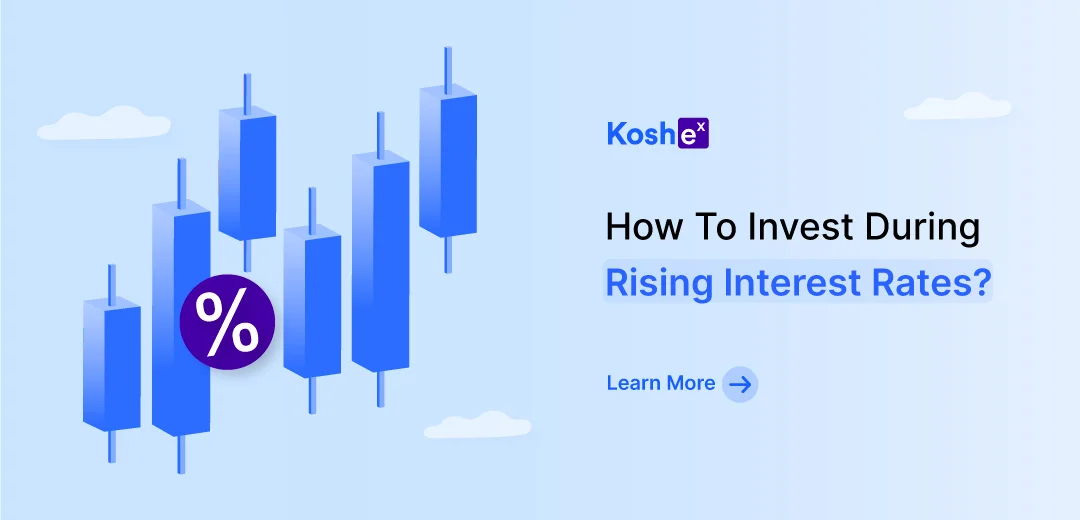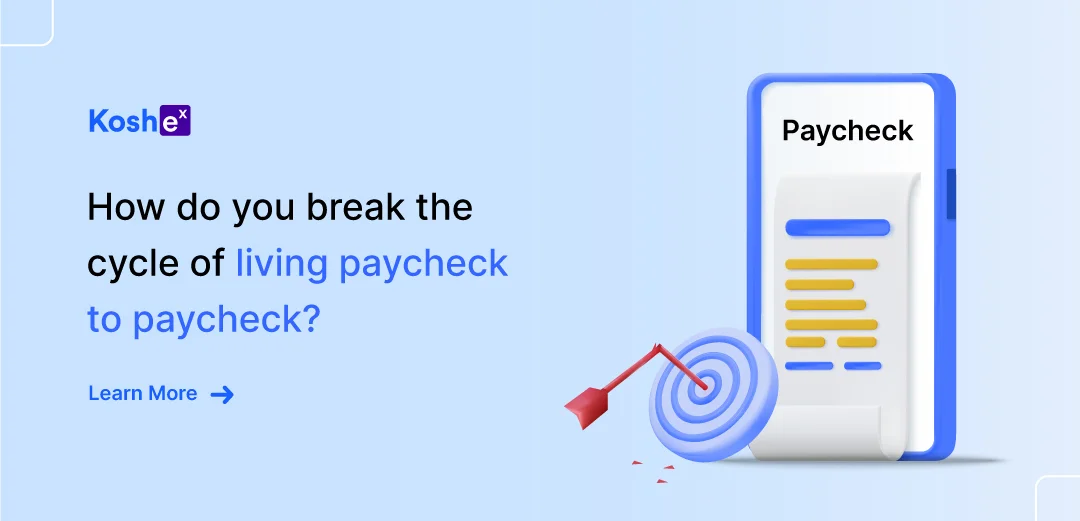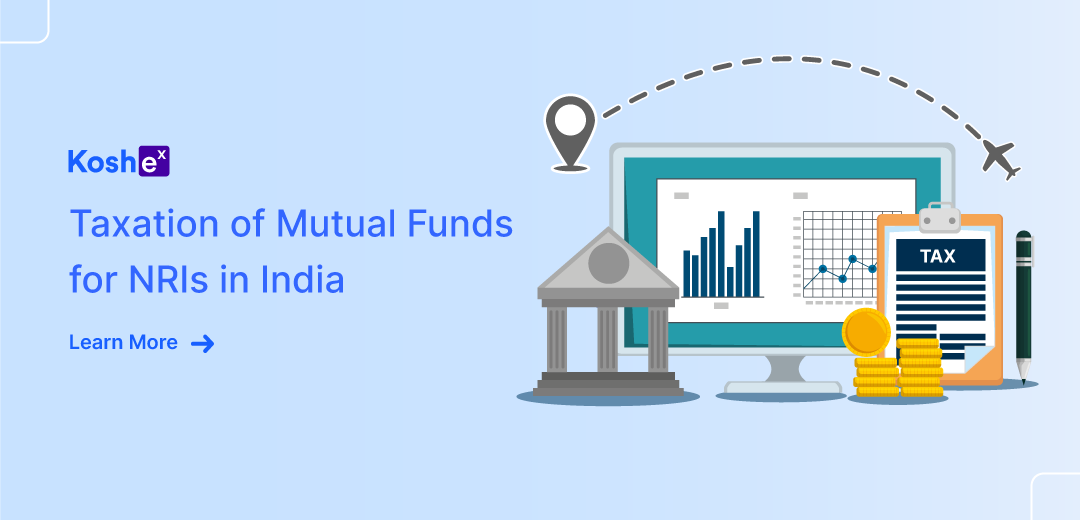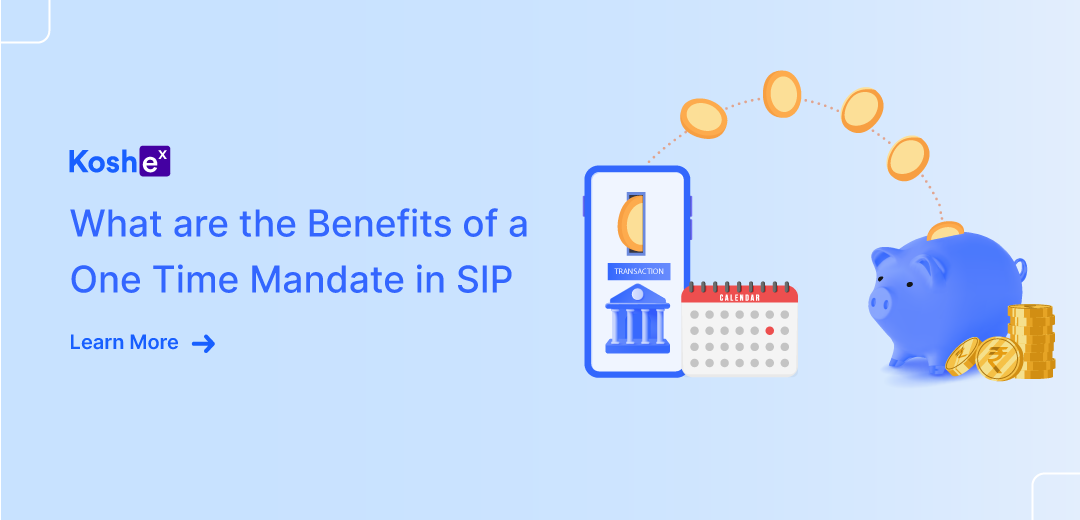As the Reserve Bank of India continues to hike interest rates, here is how you can take advantage of it and make higher returns to help achieve your goals.
In this blog, we are explaining what interest rates are and how rate hikes impact everything in this world.
What Are Interest Rates, Anyway?
Whenever you borrow money from a bank, the transaction attracts interest on the principal amount. In the same way, banks also borrow money from the Reserve Bank of India during a cash crash.
Just like how we have to pay interest, banks are also required to pay interest to the Central Bank. This interest rate is called the repo rate.
Repo stands for ‘Repurchasing Option’ or ‘Repurchase Agreement’. It is an agreement between the lenders and RBI. The banks take overnight loans from the RBI and provide securities such as treasury bills.
There is also an agreement to repurchase these securities at a predetermined price. Using this agreement, the lenders get the cash required for several operations and the RBI gets the security.
Now, let’s imagine the RBI borrows money from banks and they have to pay it back with interest. This interest rate is called the reverse repo rate.
But why would the Central Bank need money? When there is excess liquidity in the market, RBI takes out money from the overall system by borrowing money from lenders.
But why would banks want to lend money to the RBI? They do that in order to benefit from the interest for their holdings with the RBI.
Why Do They Hike Interest Rates?
In August, the RBI increased the repo rate by 50 basis points to 5.40%. The repo rate is now higher than the pre-pandemic levels of 5.15%.
This move by the Indian Central Bank came after the U.S Federal Reserve raised interest rates by 75 basis points for the second straight month in July-end.
But why are the interest rates hiked by RBI? When inflation is high, RBI tries to reduce the flow of money in the economy.
The RBI attempts to make borrowing expensive for businesses and industries by increasing the repo rate. This will reduce investment and money supply in the market. This in turn will restrict the economy’s growth and control inflation.
When the reverse repo rate is increased, banks deposit their surplus funds with RBI to gain interest. Hence, the money flow is reduced from the economy and the value of the rupee is boosted.
Inflation is also controlled by increasing the reverse repo rate.
Where To Invest During Rate Hikes?
Here’s where you can put your money when the RBI increases interest rates.
Opting For Bonds For The Short-Term
In a rising rate environment, the prices of your bonds will decline.
Even though bonds for the long-term are exposed to the risk of a significant downfall in value, short-term bonds are lesser sensitive to considerable rate drops in prices and are easier to sell even when the rate of interest increases.
If you are not a bond expert, you can consider investing in a fund that specializes in making the most of an increasing rate environment via floating rate instruments and other bond income strategies.
You can try investing in a strategic income or flexible income mutual fund or an ETF, that will hold an array of different types of bonds.
Not All Stocks Are Bad
Generally, interest rate hikes affect liquidity and therefore, business growth. This causes investors to worry. However, rate hikes don’t hurt every sector equally.
Rate hikes can help certain sectors, such as financial stocks. Financial service companies typically do well in a rising rate environment, because, among other things, they can make money on loans.
Rising interest rates are also a good thing for the real estate sector due to the companies being able to profit from home-building while construction companies are a good bet as well.
Poultry and meat producers may also see a jump in demand where rates rise because of increased consumer spending and lower costs.
Choose Cash-Rich Firms
Cash-rich companies get benefits from rising interest rates to earn more on cash reserves. As an investor, you can find firms that have low debt-to-equity or companies that have a large percentage of book value as cash.
Other Best Moves To Make During Rising Rate Environment
Control Your Debt
Increasing interest rates mean that the cost of being in debt will rise. If you have variable-rate debts or debts that you will need to borrow more to pay off when they mature, now is a good time to find out how to pay them off or lock in fixed rates for them.
When interest rates increase, you can anticipate a jump in your credit card rates as well. So, if you are carrying balances on your credit cards, which usually have high variable interest rates, consider transferring them to a zero-rate balance transfer card.
Try paying off as much of your existing balance as possible and try doing it every month. Otherwise, any remaining balance will be subject to a new interest rate that could be higher than you had before if the rate continues to increase.
Less debt and more savings will ensure that you handle rising interest rates better and it is especially valuable if the economy sours.
Our Final Thoughts…
A hike in interest rates affects both equities and debt markets. So, the best idea is to maintain diversification and do asset allocation. It is a good idea to continue with your SIPs.
Also, be aware of your credit card bills and try paying off everything as much as you can. Some tend to choose liquid funds to take advantage of the rising rate environment.
But you should find out the credit risk taken by the fund and not choose a fund, which has low-quality credit papers.
If you are looking to diversify your portfolio or invest in some good debt mutual funds, you can head over to Koshex and create a free account with us.
Koshex is here to simplify your personal finance journey. So, all you need to do is tell us your goals and risk tolerance and we will design a hyper-personalized investment solution for you.
Perfect for newbies and experts alike, Koshex offers a wide range of investment options – from Mutual Funds to Smart Deposits to Digital Gold to Corporate Fixed Deposits. Let’s figure out finance together. Sign up today.









Leave a Comment